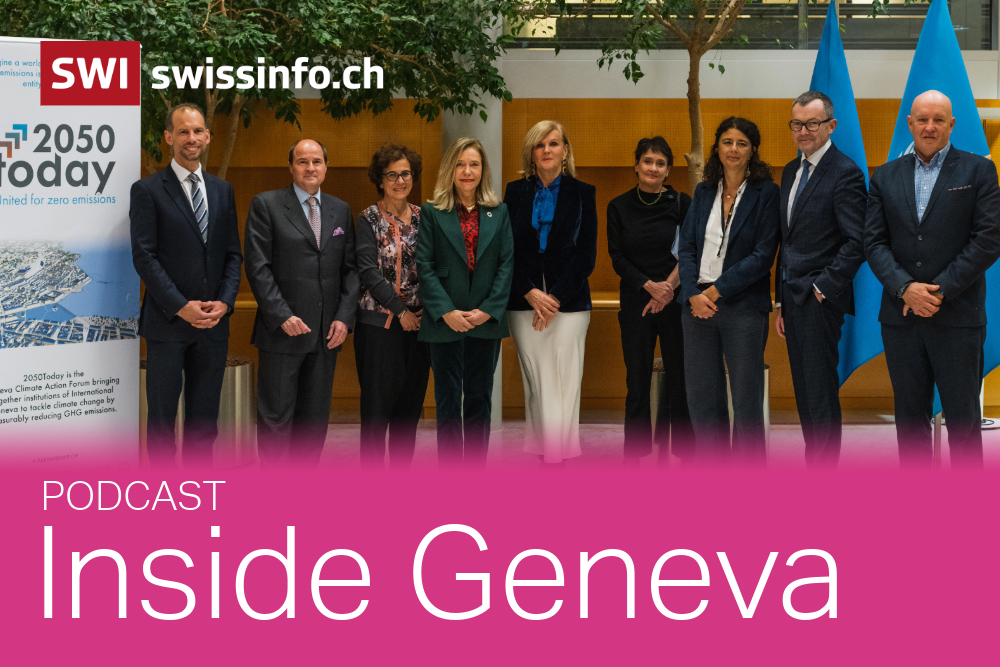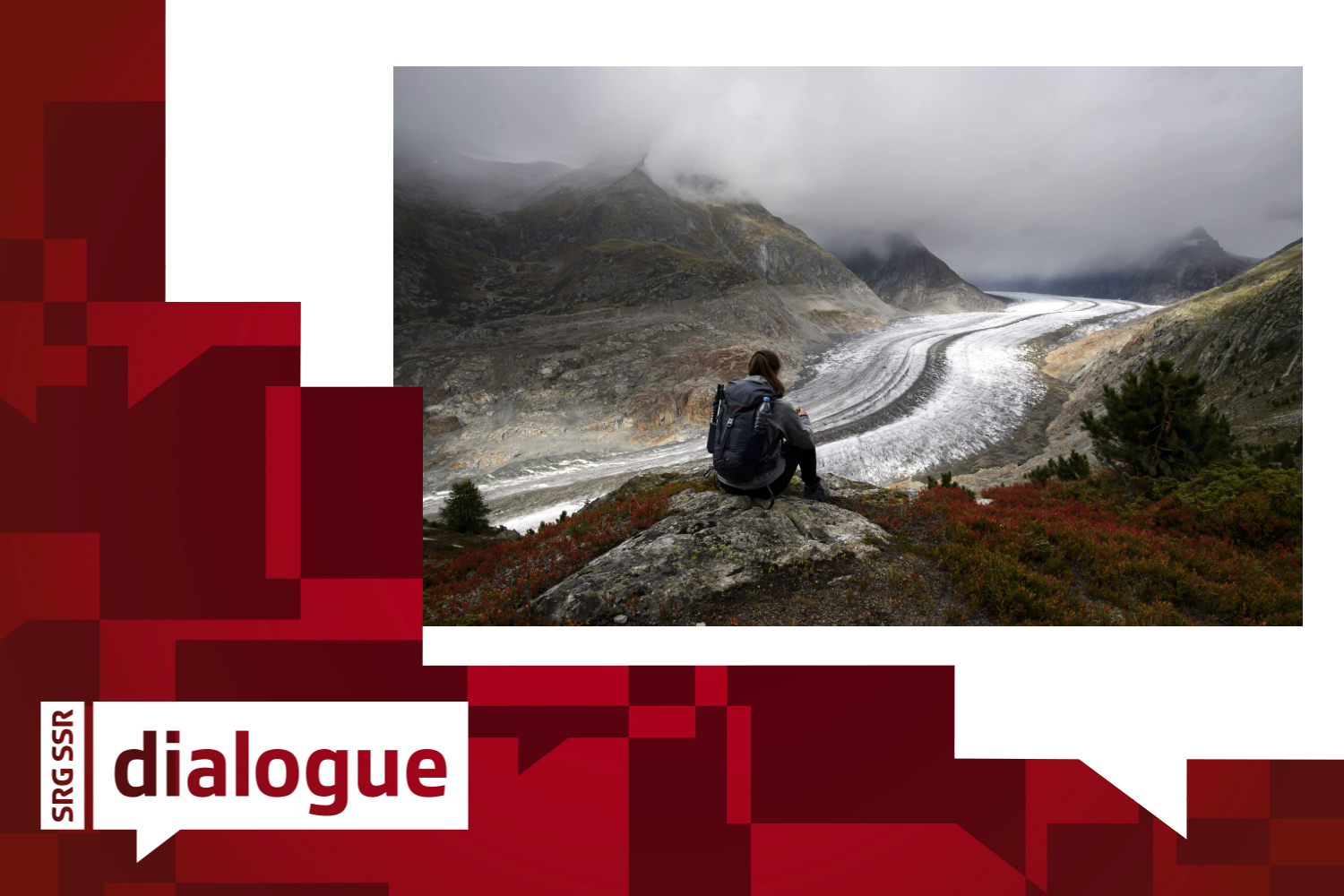Are we helpless in the face of climate change?
I guess we are all used to our political leaders promising great things, and then delivering very small ones, or delivering nothing at all. The latest climate change summit (COP 29) held in Baku in Azerbaijan is a case in point.
Despite overwhelming evidence that global warming is linked to increased extreme weather events – heatwaves, drought, flooding – our governments are timid, some would even say negligent, when it comes to taking the action needed to tackle climate change.
In Baku even the most minor decisions seemed to cause friction. At one point small island states – most at risk from rising sea levels, and least responsible for global warming – walked out in frustration. There was last minute agreement on a modest $300 billion “loss and damage fund” for poorer countries already struggling with the destructive consequences of climate change, but real commitments to cut greenhouse gases were elusive.
Faced with the warnings of climate scientists that all this is far too little, far too late, to save our planet, local communities and individual citizens feel understandably helpless. If our governments won’t take the necessary action, what can we do about it?
That’s the subject of our Inside Geneva podcast this week, and, despite the disappointment of Baku, I’m glad to say we can bring you, in our first episode of 2025, a bit of inspiration, motivation, and even optimism.

More
Geneva and climate change: start local and change the world
Geneva 2050 today
Right here in Geneva, there is an organisation trying to empower those very communities, organisations, and individuals who might feel helpless in the face of climate change, and to encourage them to tackle it themselves.
Its name is Geneva 2050 Today, and its aim is to encourage all the institutions in town, from the private sector, to non-governmental organisations, to diplomatic missions, to the big UN aid agencies, to set targets which really will comply with the Paris agreement – and not only set the targets, but stick to them.
Last month Geneva 2050 Today held a high level meeting at the headquarters of the World Meteorological Organisation to adopt a climate action plan, hear from organisations who are signing up, and then debate, with some of the biggest humanitarian agencies, the impact of climate change on health, human rights, and refugees.
SWI Swissinfo.ch and Inside Geneva had a ringside seat at that meeting, and although these events can be long on speeches and short on action (and admittedly there were a lot of speeches) there was a lot to learn, and a lot to inspire.
Staying within planetary boundaries
In the words of 2050 Today’s executive director Jean-Pierre Reymond, the plan is for international Geneva “to lead by example in achieving sustainability and operating within planetary boundaries.”
What that means in practice can sound a little mundane, but could, as many of the organisations already signed up to 2050 Today argue, have a ripple effect. Geneva is a city of many influential organisations, each with significant links and contacts around the world.
Take for example the small island of Barbados, whose ambassador Matthew Wilson explained why his diplomatic mission has signed up to 2050 Today’s action plan.
“We know that our contribution may be minor in comparison” he told us. “But we also understand the power of collective movements. By sharing the 2050 Today tools with our other embassies throughout the world, we aim to reduce our emissions by 45% from our 2022 levels.”
His diplomatic mission has already taken significant steps to reduce its carbon footprint, including introducing renewable energy, and reducing food waste.
Then we heard from the World Intellectual Property Organisation, whose assistant director Andrew Steens was formally signing WIPO up to 2050 Today. WIPO, he explained, was also taking steps to tackle global warming.
“We’re connected to the incredible Geneva lake water network, cooling our buildings. The park and the rooftops on our campus are designed to support local biodiversity and to reduce the costs and needs for watering.”
“{And} we’re taking a whole of life cycle approach to procurement, including for our IT equipment, thinking about how we dispose of any item at the moment we buy it, not when we remove it.”
So far so good
But, just when the audience in Geneva began to bask in the warm glow of do-goodery, the big UN humanitarian agencies took the floor.
Nada Al-Nashif, UN Deputy High Commissioner for Human Rights told us “climate change, climate chaos, is exacerbating human rights challenges across the board. Displacement conflicts, inequalities, and injustice, those who are impacted are those who are the least responsible for what is going on.”
“Climate change is making us sick,” added Maria Neira, the World Health Organisation’s Climate Change Director. “It’s increasing the possibility of having more infectious diseases, waterborne diseases like cholera. It’s destroying sometimes the capacity to produce food.”
It’s no secret that the humanitarian agencies are struggling with ever more crises and ever less funding, but even here, despite that, they too are trying.
Andrew Harper of the UN Refugee Agency reminded us that his organisation is, unfortunately, a big buyer of blankets and tents. “All of these have been using recycled materials” he explained. “This has brought about, a reduction of some 20,000 tons, of CO2 emissions.”
And Maria Neira described how the WHO, with its own big purchasing power, is working to replace diesel generators with solar panels at WHO clinics around the world, and discussing with pharmaceutical companies (from whom the WHO procures large quantities of essential medicines) how best to decarbonise the production process.
For me anyway – and I’ve spent years reporting on the work of the humanitarian agencies – this behind the scenes look at how they are tackling climate change was fascinating.
To hear more, listen to Inside Geneva in full, and take heart: sometimes great things start local.

In compliance with the JTI standards
More: SWI swissinfo.ch certified by the Journalism Trust Initiative













You can find an overview of ongoing debates with our journalists here . Please join us!
If you want to start a conversation about a topic raised in this article or want to report factual errors, email us at english@swissinfo.ch.